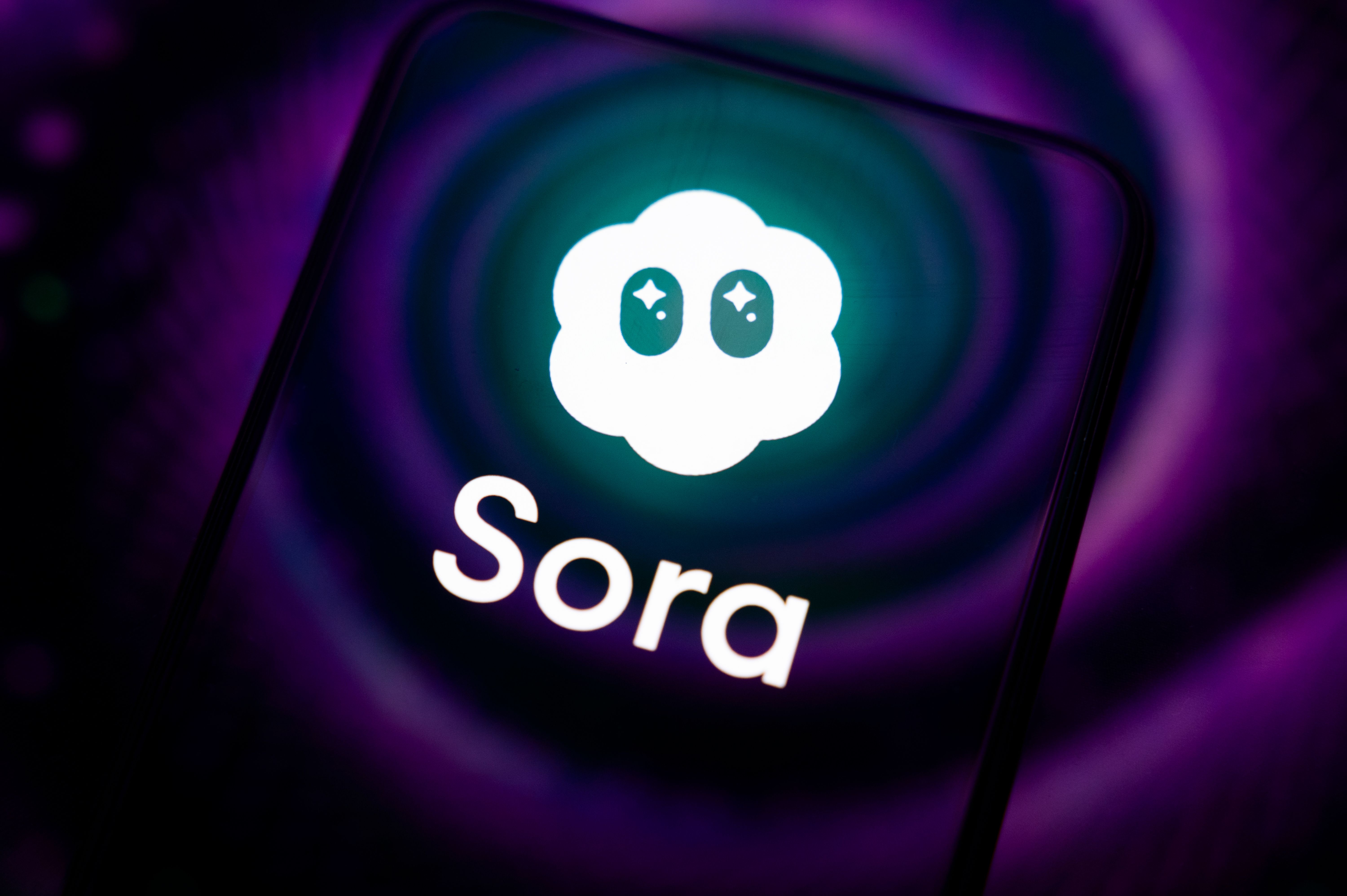Cameo just fired the first shot in what could be a defining trademark battle for the AI era. The celebrity video platform filed a federal lawsuit against OpenAI yesterday, demanding the AI giant stop using 'cameo' to describe Sora's deepfake avatar feature. It's a clash that pits authentic celebrity interactions against AI-generated content - and the outcome could reshape how AI companies name their features.
The gloves are off between Cameo and OpenAI, with Tuesday's trademark infringement lawsuit marking the latest collision between traditional tech platforms and AI disruptors. Filed in California federal court, Cameo's complaint accuses OpenAI of deliberately choosing the 'cameo' name for Sora's deepfake feature to confuse consumers and dilute its brand.
Cameo has been the go-to platform for personalized celebrity videos since 2017, letting fans commission everything from birthday messages to pep talks from their favorite stars. Then OpenAI launched its social video app Sora on September 30th with a feature called 'cameo' that does something entirely different - it creates deepfake avatars that others can use in AI-generated videos.
The timing wasn't lost on Cameo CEO Steven Galanis. "We do not take litigation lightly," he told The Verge. "While we attempted to resolve this matter with OpenAI amicably, they refused to stop using the Cameo name for their new Sora feature." The company tried to work things out behind closed doors first, but OpenAI apparently wasn't budging.
What's particularly stinging for Cameo is the association with what the lawsuit calls "ersatz, hastily made AI slop and deepfakes featuring celebrities." That's pretty harsh language, but it gets to the heart of Cameo's concern - they've spent years building trust around authentic celebrity interactions, and now they're worried consumers will confuse their brand with AI-generated content.
The complaint alleges OpenAI "intentionally selected" the cameo name to capitalize on the goodwill Cameo has built through genuine celebrity-fan connections. It's not just about the name itself - Cameo points to third-party websites that have popped up focusing specifically on Sora's cameo feature, which they say further erodes their trademark.
OpenAI isn't backing down. A company spokesperson told Reuters they "disagree that anyone can claim exclusive ownership over the word 'cameo.'" It's a fair point - 'cameo' has been used to describe brief appearances in movies and TV for decades.












